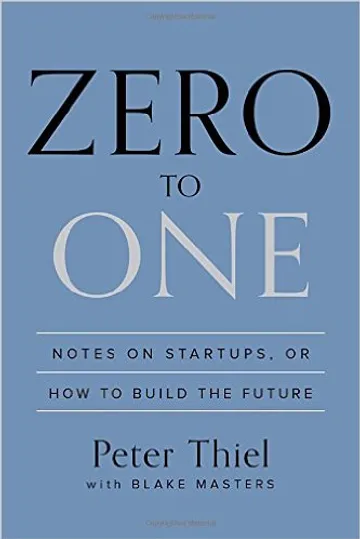Don't see an advisor you admire? Let's add him to the database! - Request
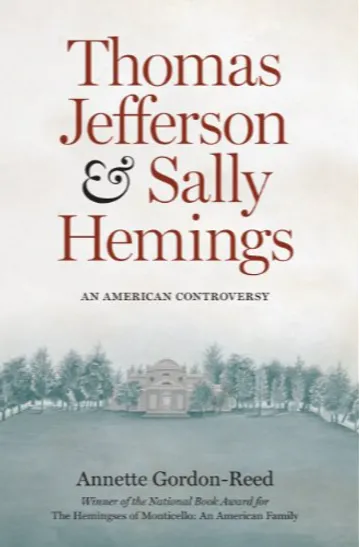
Thomas Jefferson and Sally Hemings: An American Controversy
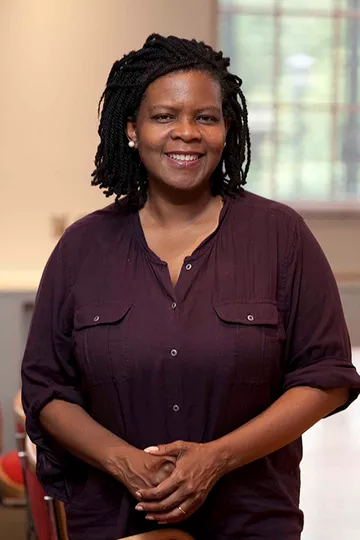
Annette Gordon-Reed
March 29, 1998
Categories:Non-Fiction
Add missing Endorsement Rendors (2)
1
MacArthur Fellowship (Genius Grant) Winners
1
Pulitzer Prize Winners for History


Subscribe to Blog and Updates:
Popular advisors
.jpg.webp)
Daniel Pink
Rendors given:
133

Marc Andreessen
Rendors given:
78

Seth Godin
Rendors given:
89

Mark Zuckerberg
Rendors given:
27

Tim Ferriss
Rendors given:
188
Popular books
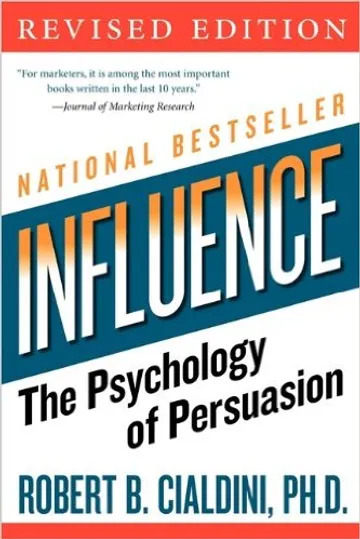
Influence: The Psychology of Persuasion
Rendors:
33
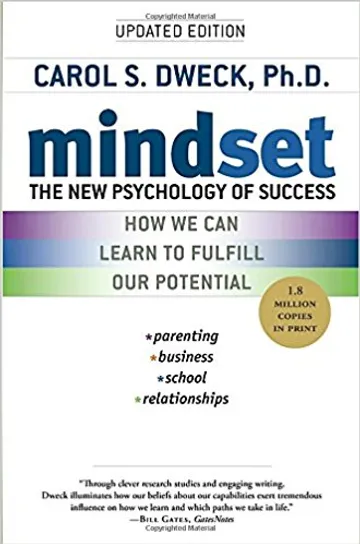
Mindset: The New Psychology of Success
Rendors:
23

Lolita
Rendors:
24
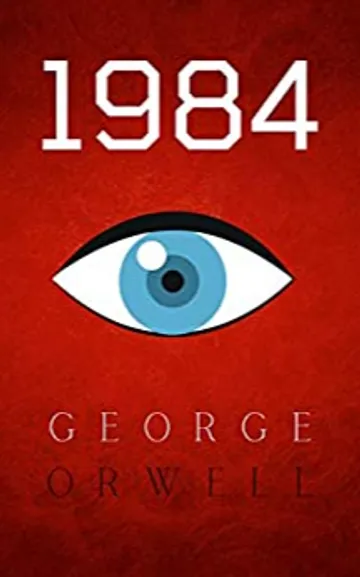
1984
Rendors:
20

